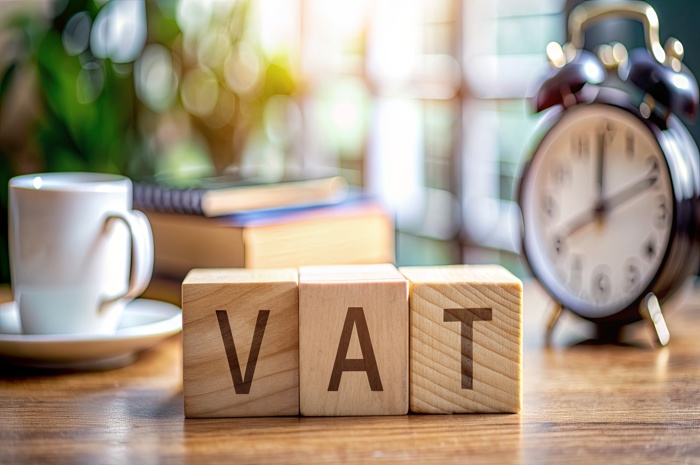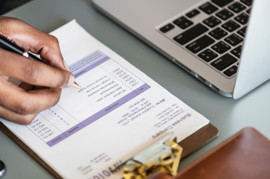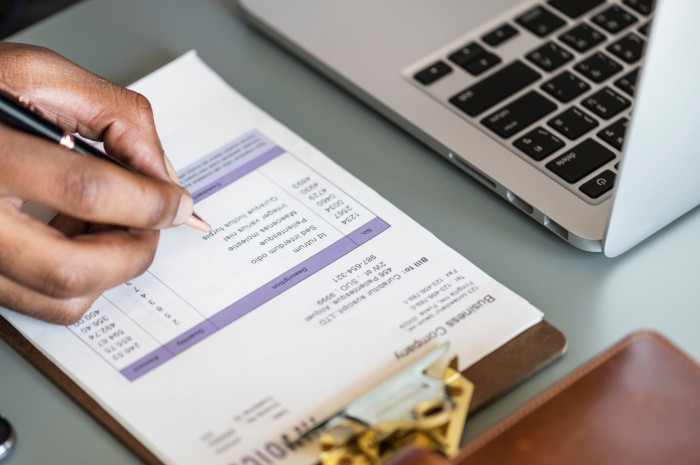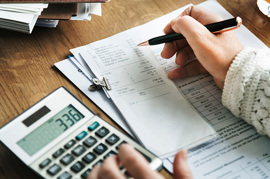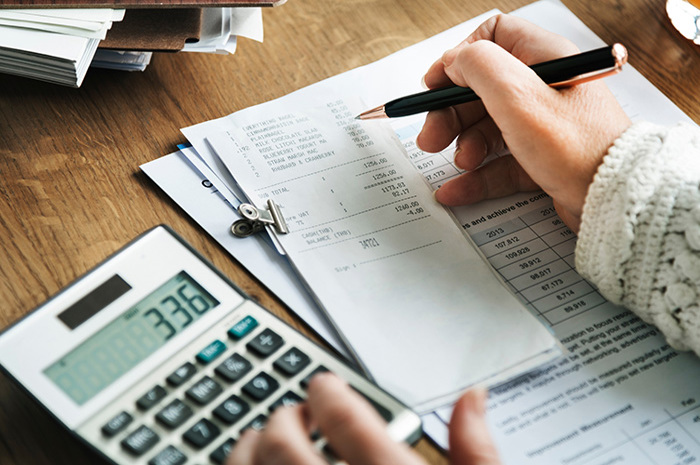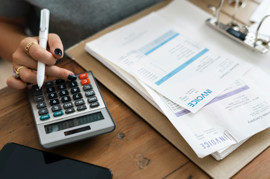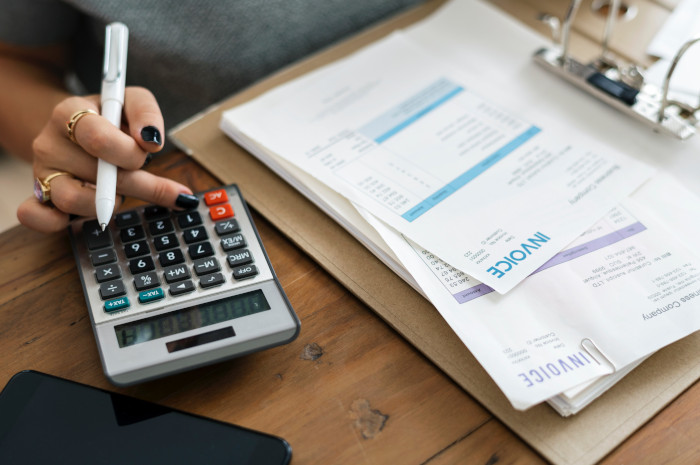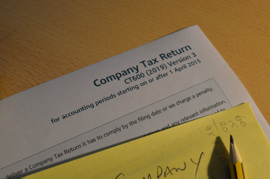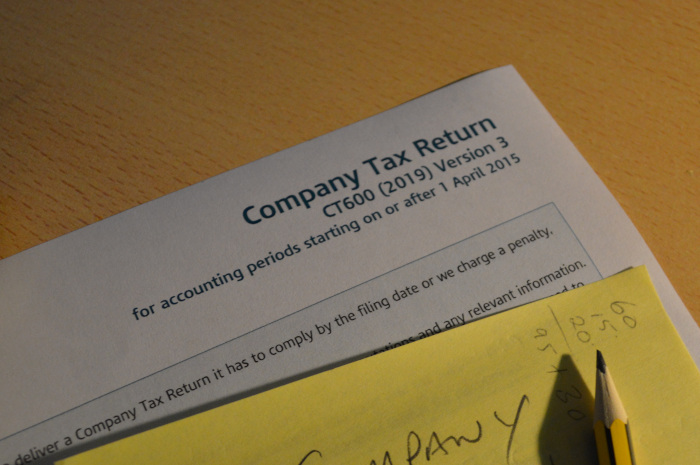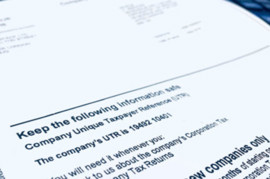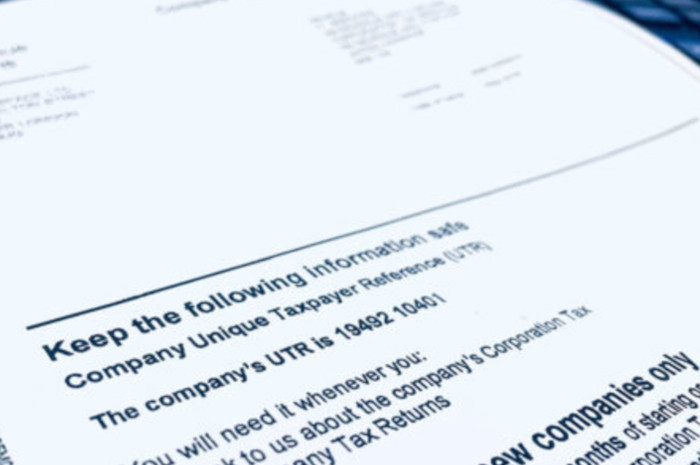What is VAT?
Value Added Tax is a type of consumption tax that is added to most goods and services. Small businesses that charge VAT must pay this to HMRC and this is known as output VAT (sales). Goods and services that are purchased by the business are known as input VAT (purchases).
HMRC will expect businesses to pay the difference between the output VAT and the input VAT if your business has charged more VAT. If your business has paid more in VAT (purchases) than it has charged for sales, you are entitled to a refund.
What is the current VAT threshold?
As of 1 April 2024, the VAT registration threshold had increased to £90,000, from the previous VAT threshold of £85,00. This means that legally, you need to register for VAT if your small business if your total VAT taxable turnover for the last 12 months exceeds £90,000 or if you believe your turnover will go above £90,000 in the next 30 days.
Regardless of the company’s VAT taxable turnover, HMRC will expect you to register your company for VAT under the following circumstances:
-your business operates outside the UK
-you are based outside the UK
-you supply goods and services to the UK
You can still voluntarily register for VAT if the turnover is below the threshold of £90,000. The benefits of this increased threshold are that fewer businesses now need to register for VAT services, resulting in less administrative work for you! From saving time with registering to preparing and submitting VAT returns, accounting for your company will be easier.
However, it is important to consider how surpassing the threshold will affect your small business. Alongside the additional costs of filing the VAT returns, customers and clients have to face increased prices with the added VAT charges. This can impact them if they are not VAT registered, and your small business may suffer potential sales, if they do not find your prices to be favourable.
What is the VAT rate and what are the different types of rates available?
- The standard VAT rate is 20%. Most UK goods and services can be charged at this rate unless they are classified as reduced or zero rate.
- The reduced VAT rate is 5%. This applies to goods and services like fuel, children’s car seats and heating.
- The zero VAT rate as you may have already expected, is at 0%. Typically, most food, children’s clothes, books, and newspapers are a few examples of zero-rated items. Zero-rated goods are also expected to be reflected in your VAT return.
When do I register for VAT?
Under the following circumstances, you should register for VAT:
1. If the £90,000 threshold has been exceeded in the last 12 months, you have to register within 30 days at the end of the month that the threshold was exceeded.
For example: your VAT taxable turnover from 1 Jan 2023 to 31 Dec 2023, is £120,000. You need to register for VAT by 31 Jan 2024.
From the next day – 1 Feb 2024, VAT registration will be effective, which means you should charge VAT on your taxable sales.
2. If you believe that the taxable turnover will exceed the threshold within the next 30 days, then HMRC will expect you to register for VAT by the end of the 30-day period.
You can also choose to voluntarily register for VAT despite the taxable turnover remaining below the threshold. There are plausible reasons why a company may decide to do this, which I will discuss below.
-registering for VAT gives potential investors and suppliers the impression that your business is reputable and more established. It offers a positive image, and the benefits of expanding your networks and business connections to grow your company is present.
-you can reclaim VAT on the company’s purchases, which can help cut your costs.
-option of backdating and reclaiming VAT for goods and services from up to 4 years. If you have missed out on reclaiming VAT due to not being VAT registered, you can do this once you are VAT registered, as long as it is within the 4 year deadline and if the goods/services are still being used in the business.
-as the company is expected to produce VAT returns and keep records of all items purchased and sold, this will allow you to continuously maintain precise records and truly keep up to date with the company’s financials.
When to deregister for VAT?
You may find that you want to deregister or cancel your VAT registration. You can easily de-register for VAT using your Government gateway user ID and password for your Government Gateway account.
The threshold for de-registering for VAT has also changed, as outlined in the Spring Budget 2024. You may apply for deregistration if your taxable turnover is below £88,000 (previously, the threshold was £83,000). You should consider whether the company’s turnover will remain below the threshold for the next 12 months or not and have valid reasons for applying for deregistration.
You may choose to cancel your VAT registration for a number of reasons:
-goods and services that your business provide are no longer VAT rated (exempt or outside scope of UK VAT
-your company has stopped trading
-you join a vat group, where the other group parties are VAT registered
-change in legal entity
-business has been sold
-application for exemption as taxable supplies are all/mostly zero-rated.
HMRC will confirm and approve of your deregistration by post, which will usually take 3 weeks. From this point on, you cannot charge VAT on goods and services that you sell. Remember to also remove the VAT registration number from your website, invoices and receipts.
So now you know the the new changes to the VAT threshold! If you are VAT registered learn more about how to account for VAT. We cover lots of other topics in our articles that may be of interest to you in our knowledge base.
This article is information only and has been prepared for general guidance on matters of interest only, and does not constitute legal, accounting, tax, investment or other professional advice or services. You should not act upon the information contained in this article without obtaining specific professional or legal advice. No representation or warranty (express or implied) is given as to the accuracy or completeness of the information contained in this article, and, to the extent permitted by law, Comdal Limited, its members, employees and agents do not accept or assume any liability, responsibility or duty of care for any consequences of you or anyone else acting, or refraining to act, in reliance on the information contained in this publication or for any decision based on it.
